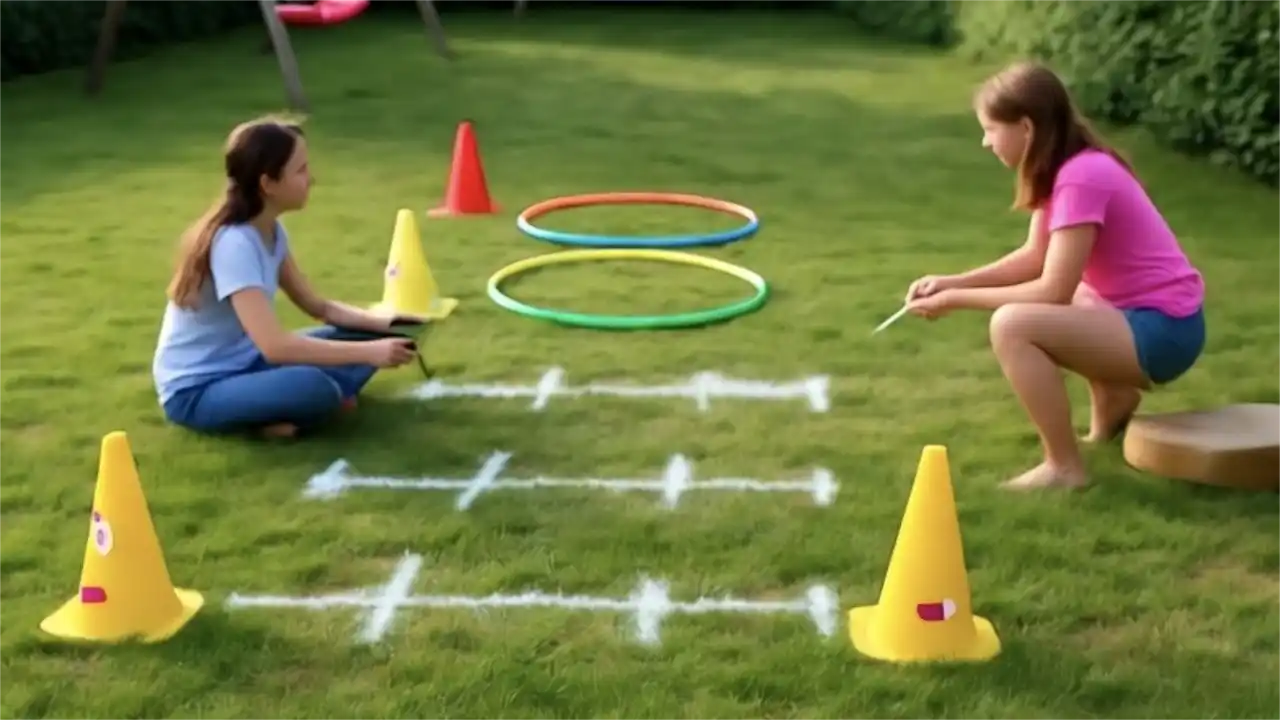
Promoting Peer Interaction: Host Playdates for Friendship and Teamwork
P
laydates may seem like simple fun, but they’re also rehearsals for real-world collaboration. When children create games or craft projects together, they learn to negotiate roles, take turns leading, and work toward shared outcomes. Instead of just supervising, try asking, “How can everyone contribute?” That single prompt invites kids to think cooperatively and value each other’s input.
One morning, my daughter’s playdate quickly unraveled into a swirl of arguments. I asked, “What would make this fun for everyone?” She paused, then suggested taking turns as leaders. They invented a relay race with silly tasks, and laughter replaced tension. Another day, she organized a group mural, assigning parts so everyone had something to do. When she later presented it at a community center, I saw how her confidence had grown—not just in creating, but in leading. What began as casual play became regular training in listening, planning, and working as a team.
Try hosting playdates built around group tasks. Let children choose their roles together, and afterward, talk with them about how it went. They can jot down what worked in a shared journal, or present their creations to family or at a club. These moments help teamwork become second nature, setting the stage for future success in school projects and group endeavors.
Promoting Peer Interaction
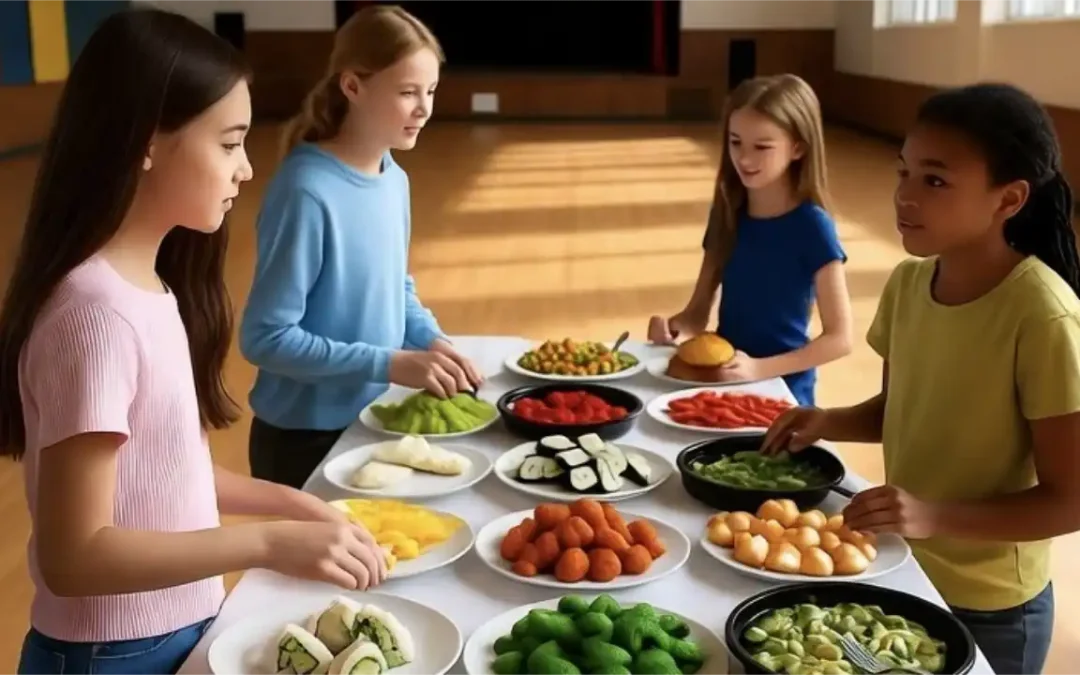
Promoting Peer Interaction: Mix Cultures in Team Challenges
Multicultural teamwork enriches empathy and understanding. Design group challenges that celebrate different backgrounds and ideas.
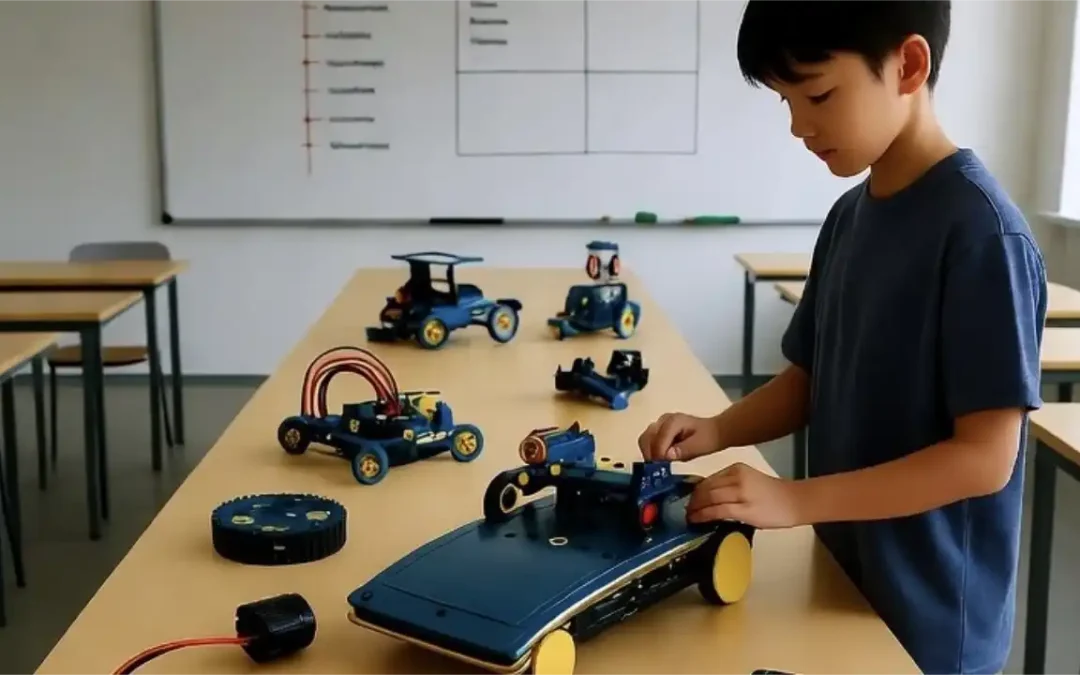
Promoting Peer Interaction: Join Clubs
Clubs give children community, identity, and confidence. Help them find a space where interests are shared and voices valued.
Table of contents

Primordial Soup for the Mind: Navigation
Navigate the book Primordial Soup for the Mind.
TIPS
- Ask “What’s everyone’s role?” to start planning.
- Praise their teamwork to value their effort.
- Keep a journal for their activities.
- Suggest weekly playdates.
ACTIVITIES
- Relay Race: Organize a group game, ask, “How can you play together?” Work for 15 minutes.
- Mural Craft: Create a group project, discuss roles, 20 minutes.
EXAMPLE
My son led a scavenger hunt, saying, “We all won!” His playdates started a leadership hobby.

Download “Primordial Soup for the Mind: A Parent’s Guide to Nurturing Intellectual Growth”
Enter your information to get this article and hundreds more as part of the FREE book Primordial Soup for the Mind.
Share your thoughts with the Thought Academy community in the Comments section below.

Sharpen those skills!
Enter your information to get our FREE practice exercises so you can hone your critical thinking and reasoning skills!



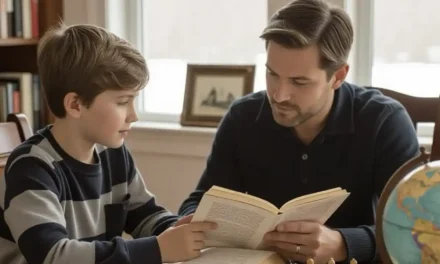
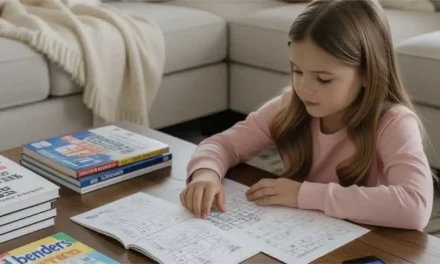


0 Comments